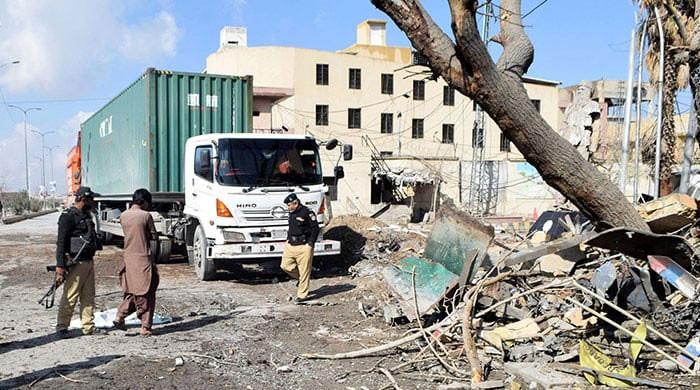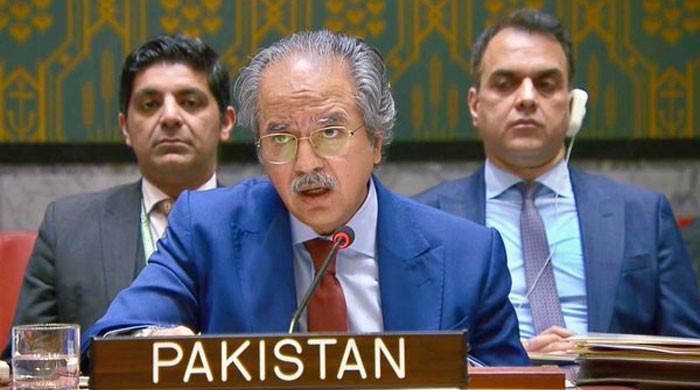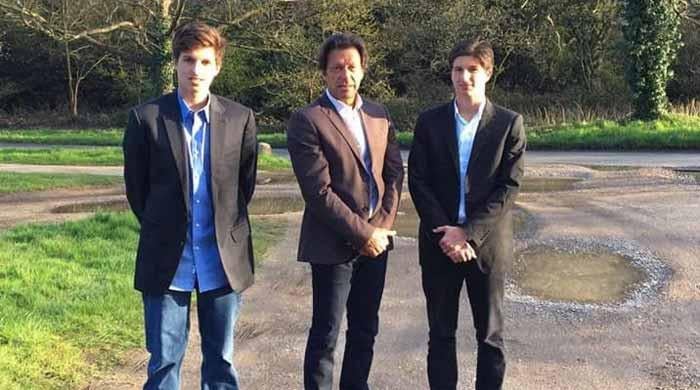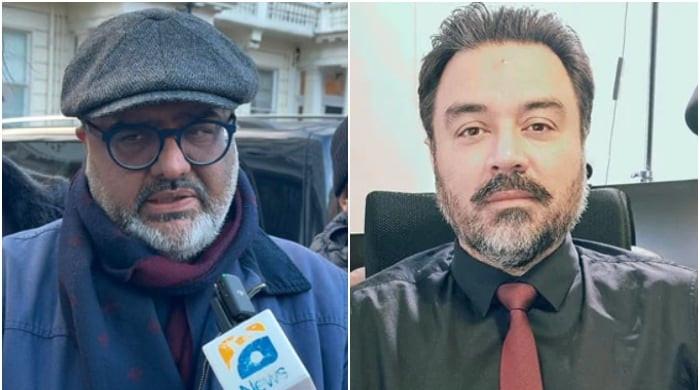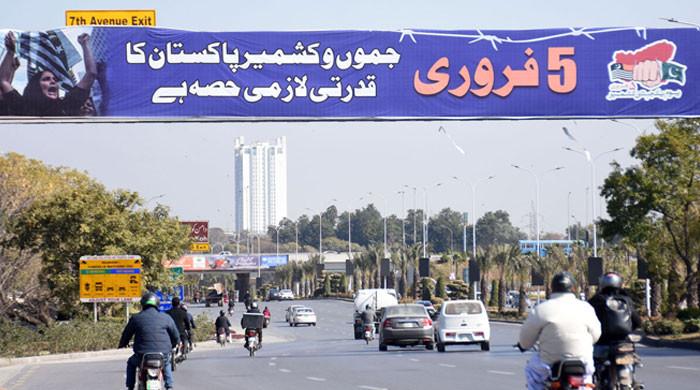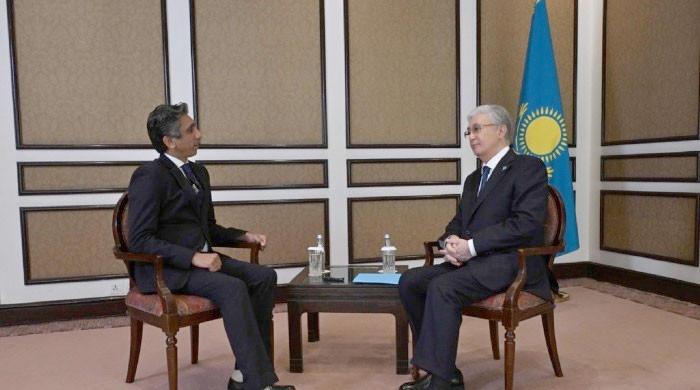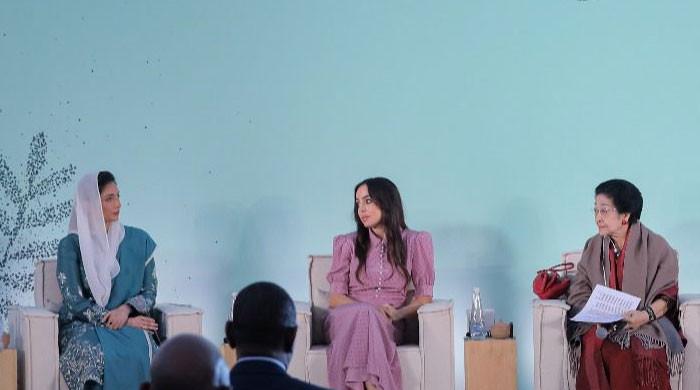Forced conversion only an issue in three Sindh districts: Qadri
Federal Minister for Religious Affairs Noorul Haq Qadri believes forced conversion issue can be resolved through 'administrative discipline'
October 15, 2021
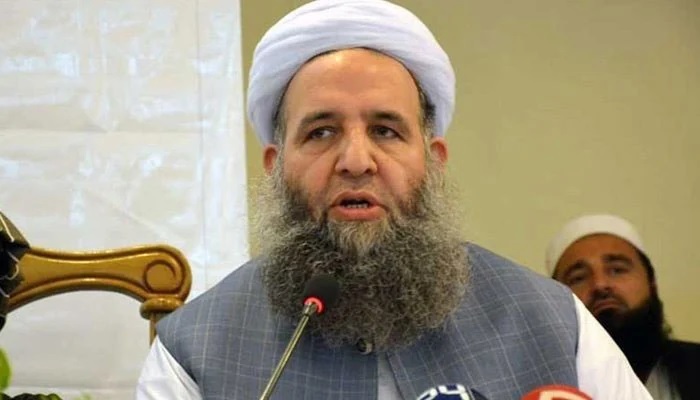
- Noorul Haq Qadri terms draft for anti-forced conversion bill controversial.
- Says forced conversion is an issue only in three districts of Sindh.
- A change of religion can not be linked with the 18-year age limit, says Qadri.
ISLAMABAD: Federal Minister for Religious Affairs Noorul Haq Qadri believes the issue of forced conversions in the country can be resolved through"administrative discipline".
The draft for the anti-forced conversion bill is controversial, he said while speaking on Geo News programme 'Aaj Shahzeb Khanzada Kay Sath'.
The federal minister said forced conversion is an issue only in three districts of Sindh and that such cases are "rare" in KP, Punjab, and Balochistan, The News reported.
He said the anti-forced conversion bill was forwarded by Dr Ramesh Kumar in the National Assembly, adding, “We opposed the forced conversion of religion because according to Islamic teachings, no one can be forced to change religion.”
He said that a change of religion can not be linked with the 18-year age limit.
There should not be any restriction on anyone less than 18 years old on changing their as it would be tantamount to interfering in someone’s personal matters, he said.
HRCP shows anger at anti-forced conversion bill’s rejection
Meanwhile, showing their anger over a parliamentary panel’s decision to reject an anti-forced conversion bill, minority leaders on Thursday slammed the government for its “indifference” towards religious minorities living in the country.
A parliamentary committee on Wednesday rejected the bill after the ministry of religious affairs opposed the proposed law, while lawmakers from minority communities protested the decision.
The Human Rights Commission of Pakistan said that it stands in solidarity with lawmakers from religious minorities who have rightly called for a bill against forced conversions.
“We condemn the government's U-turn on what is a grave human rights concern in Pakistan. Not only must the government legislate against forced conversions, but it must also build a far more effective legal framework protecting the constitutional right of religious minorities to practice and profess their own faiths by implementing the 2014 Tasadduq Jillani judgment,” the HRCP said.
Dr Birma Jesrani, a prominent human rights activist, said the government's decision of rejecting the bill would make life a living hell for minorities in the country.
“For years, girls from minority communities are being kidnapped and forcibly converted and no one from the government stands with the religious minorities,” said Jesrani, who organised several protests against incidents of forced conversions in Karachi in the past.
Raj Kumar Wanjara, the Secular Sindh Forum’s chairman, has condemned the blocking of the bill and said that religion had nothing to do with the business of the state.
“Minorities in Pakistan demand nothing less than the implementation of the promises made by Quaid-e-Azam Muhammad Ali Jinnah, but unfortunately, the government through their such acts [rejecting the anti-forced conversion bill] are working against the promises of Jinnah.”




